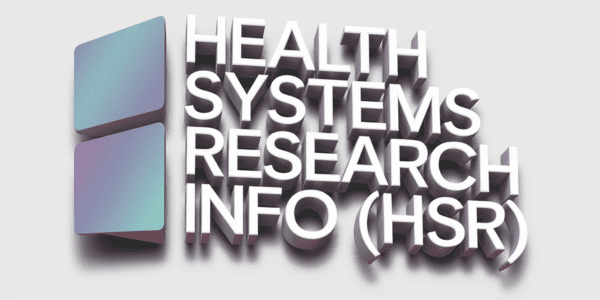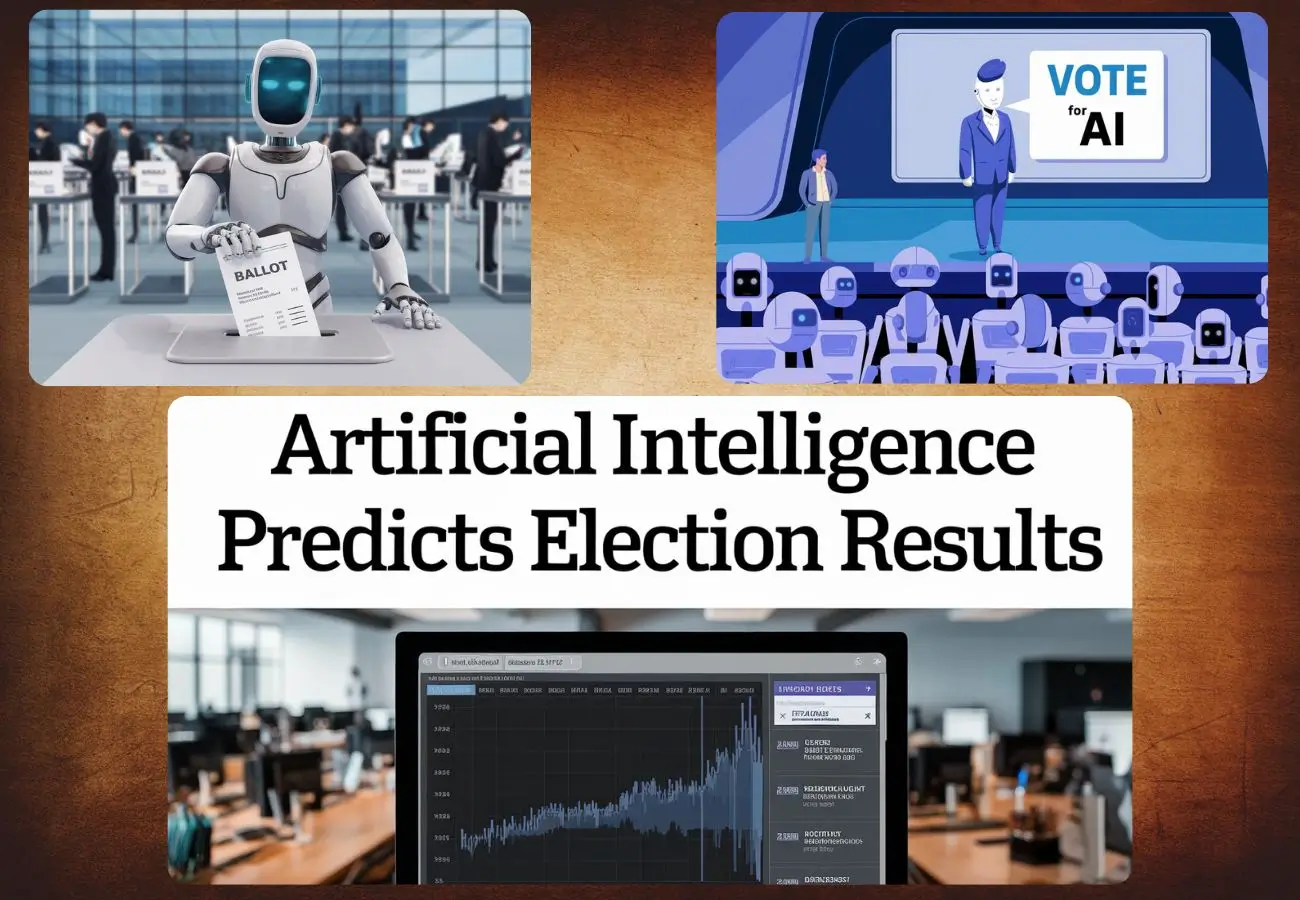Artificial intelligence is transforming how political campaigns reach voters in 2024. Campaign managers now use AI to craft messages, analyze voter data, and create personalized content at unprecedented speeds.
Recent studies show 78% of major political campaigns have adopted AI tools this election cycle. The Stanford Digital Democracy Project reports a threefold increase in AI use since 2020.
“We’re seeing a fundamental shift in how campaigns operate,” says Dr. Sarah Chen, director of election technology at MIT. “AI allows campaigns to engage with millions of voters individually, but this raises important questions about transparency.”
The Johnson Senate campaign provides a clear example. Their team used AI to analyze social media conversations and adjust messaging in real-time. Voter engagement increased by 45% compared to traditional methods.
However, concerns about AI-generated misinformation have emerged. The Federal Election Commission identified over 1,000 deepfake videos targeting candidates in the past six months.
“Voters need to know what’s real and what’s artificial,”
“Without proper safeguards, AI could undermine election integrity rather than enhance it.”
warns James Martinez, election security expert at the Bipartisan Policy Center.
Several states have responded with new regulations. California now requires campaigns to disclose when AI generates content. New York and Texas are developing similar laws.
For voters, the impact is immediate. AI chatbots now answer campaign questions 24/7. Personalized emails arrive with uncanny precision. Campaign ads adapt based on individual viewing habits.
Tech companies are also taking action. Google and Meta announced new policies requiring clear labels on AI-generated political content. Twitter implemented automated detection systems for deepfake videos.
“The technology is neutral – it’s how we use it that matters,” explains Dr. Chen.
“AI can either strengthen or weaken democratic processes. The choice is ours.”
Local campaigns are feeling the effects too. The Martinez mayoral campaign in Phoenix used AI to translate materials into eight languages instantly. Voter outreach in minority communities doubled.
Looking ahead, experts predict AI will become even more central to elections. The Congressional Research Service estimates 90% of campaigns will use AI tools by 2026.
For voters, the key is staying informed. Election officials recommend:
- Checking official campaign websites for AI disclosure statements
- Verifying news through multiple sources
- Being skeptical of emotional content, especially close to election day
- Reporting suspected deepfakes to platform moderators
“Democracy requires informed citizens,” Martinez emphasizes. “Understanding AI’s role in elections is now part of being an engaged voter.”
Campaign strategists see both opportunity and risk. AI tools cut costs and increase reach, but they also risk alienating voters who prefer human connection.
The future of AI in elections remains uncertain. But one thing is clear: artificial intelligence has permanently changed how democracy works in the digital age.

